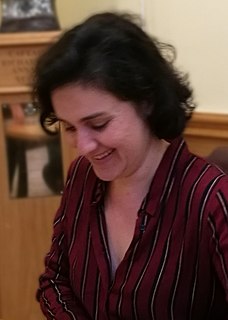A Quote by Sophie Swetchine
We must labor unceasingly to render our piety reasonable, and our reason pious.
Related Quotes
?We must make our choice between economy and liberty or confusion and servitude...If we run into such debts, we must be taxed in our meat and drink, in our necessities and comforts, in our labor and in our amusements...if we can prevent the government from wasting the labor of the people, under the pretense of caring for them, they will be happy.
I place economy among the first and most important virtues and public debt as the greatest dangers to be feared. To preserve our independence, we must not let our rulers load us with perpetual debt. If we run into such debts, we must be taxed in our meat and drink, in our necessities and in our comforts, in our labor and in our amusements. If we can prevent the government from wasting the labor of the people, under the pretense of caring for them, they will be happy.
Since it is to the advantage of the wage-payer to pay as little as possible, even well-paid labor will have no more than what is regarded in a particular society as the reasonable level of subsistence. The lower ranks of labor will commonly have less, and if public relief were afforded even up to the wage-level of the lowest ranks of labor, that relief would compete in the labor market; check or dry up the supply of wage-labor. It would tend to render the performance of work by the wage-earner redundant.
And when someone suggests you believe in a proposition, you must first examine it to see whether it is acceptable, because our reason was created by God, and whatever pleases our reason can but please divine reason, of which, for that matter, we know only what we infer from the processes of our own reason by analogy and often by negation.
We look at the African-American community, for a long time those of us who be considered strong - black men - for whatever reason, haven't done a good job of taking care of the weak. And we were doing things that render taking care of our youth and taking care of our women and our families impossible, when our lives are taken.

































